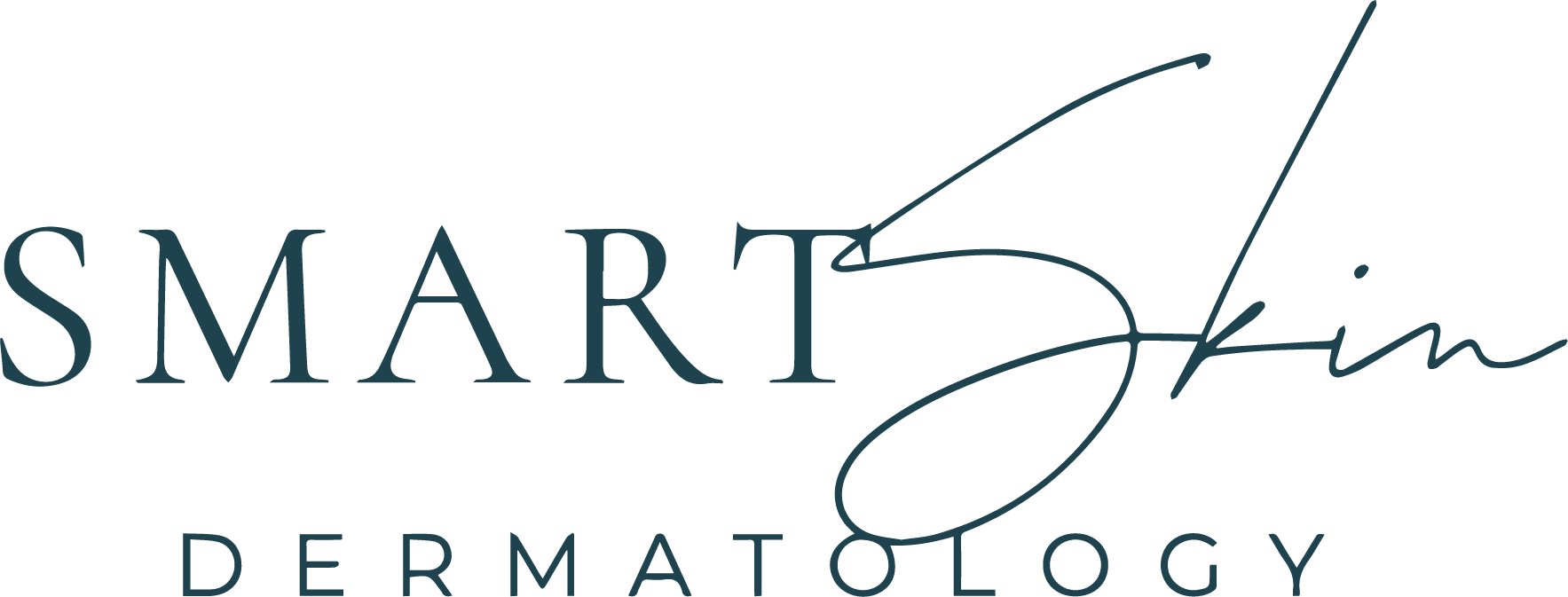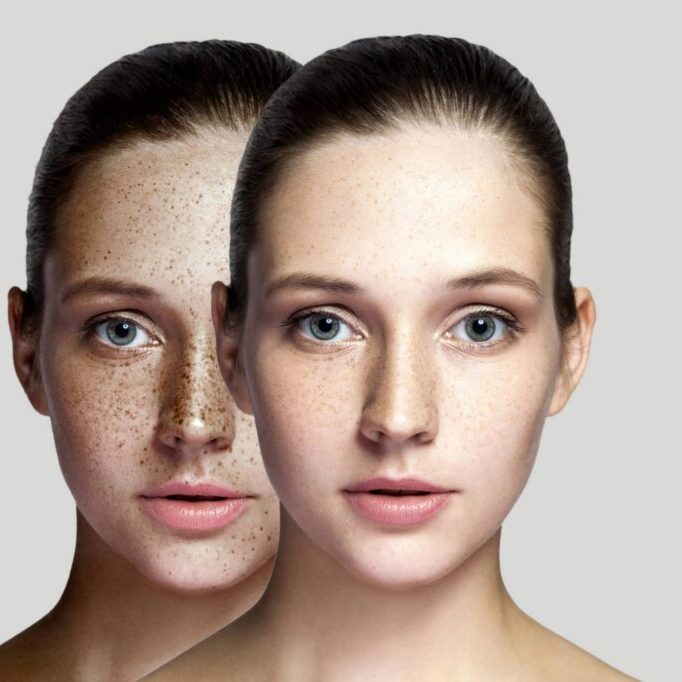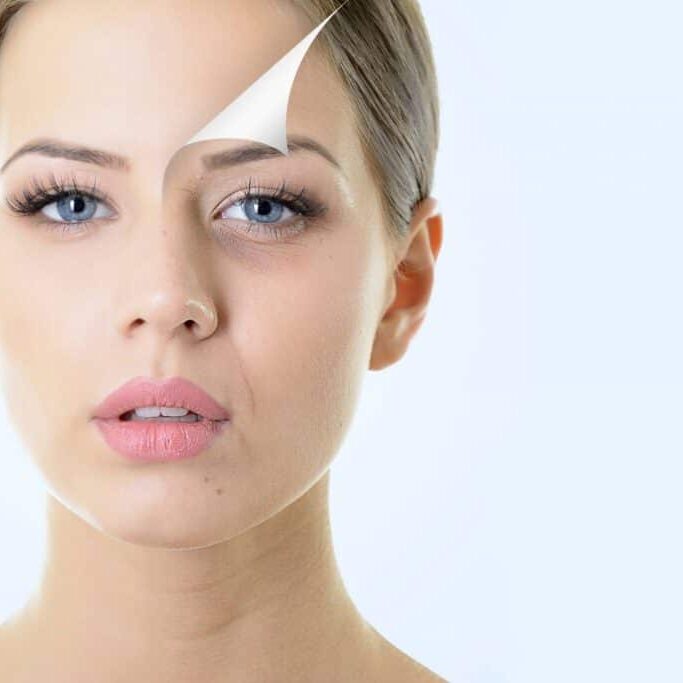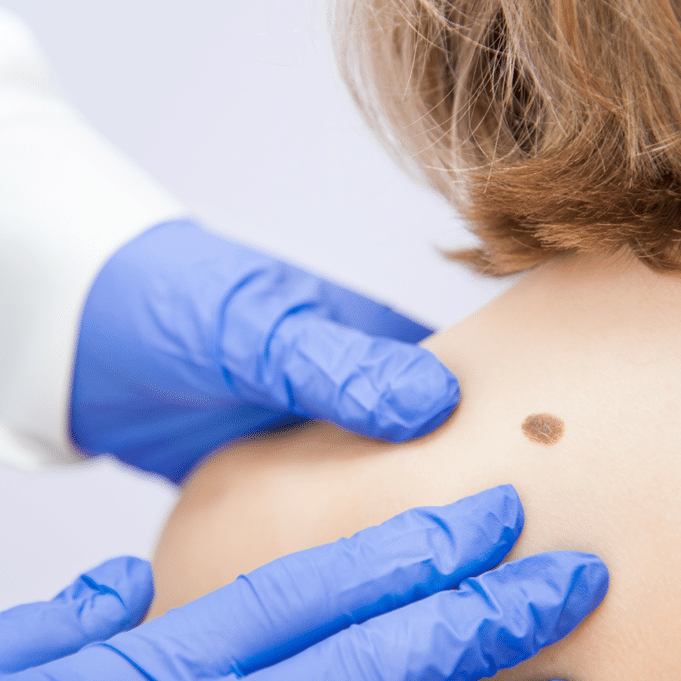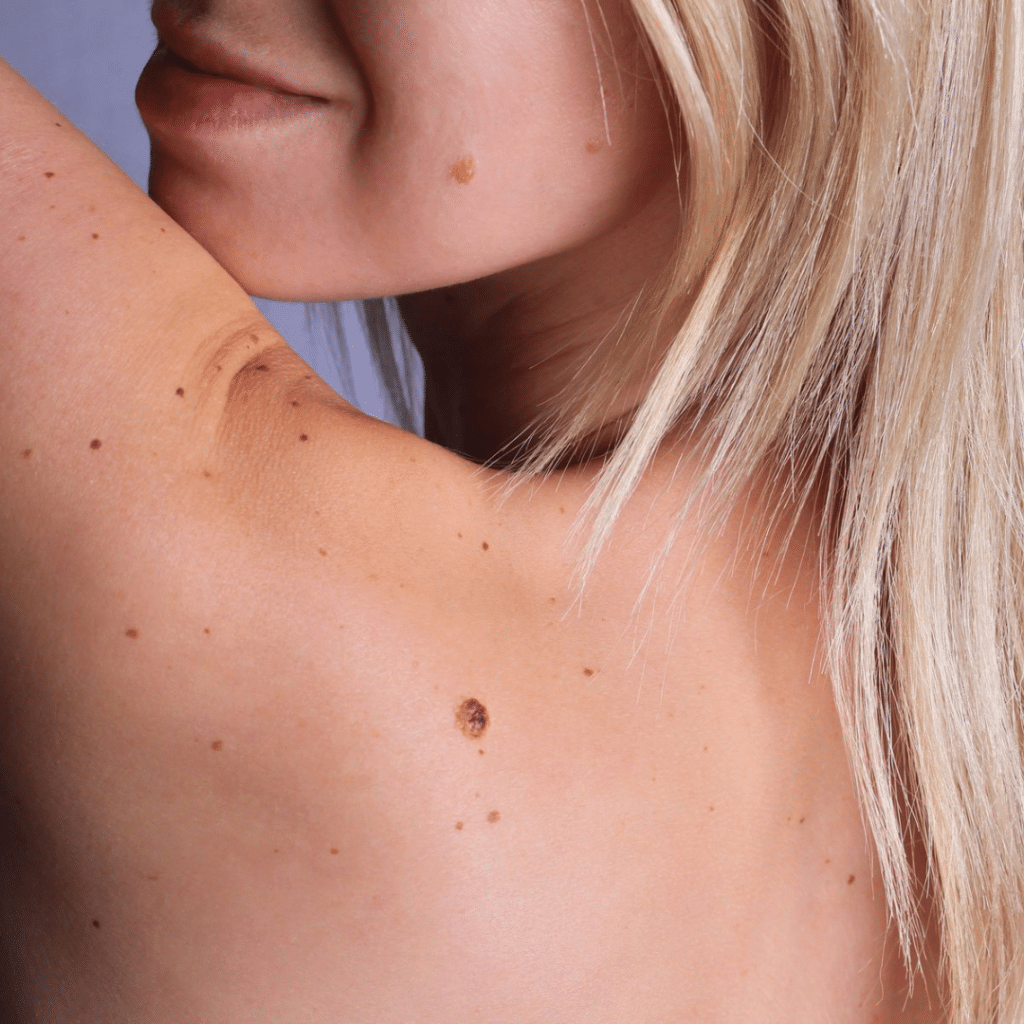
Taking Care of Your Skin with Topical Retinoids
There are a few simple recommendations and practices that should be included in any basic skin care regimen. Appropriate moisturization and exfoliation, protection from harmful UV radiation, and avoiding the significant damage caused by harsh toxins such as those found in cigarette smoke are a few such recommendations. And certainly, in patients with lighter skin tone, the use of topical retinoids (a class of chemical compounds long used in cosmetic creams and in the treatment of various skin disorders) could be included in this list.
A study published in the Journal of Drugs in Dermatology explores the efficacy and tolerability of two topical treatments for photoaging, photodamage, and fine lines/wrinkles on the face. The study compares two commonly used vitamin A derivatives, retinol and tretinoin.
Retinol is an over the counter compound found in many cosmetic creams marketed to treat wrinkles and to rejuvenate the skin. Tretinoin is a similar more potent compound available by prescription, and is most commonly found in topical acne therapies. Tretinoin has been used to effectively treat acne for many years, but has also long been used as a prescription strength anti-wrinkle cream.
The study enlisted patients with photodamage (blotchy skin coloring from sun damage) to use retinol on one side of the face and tretinoin on the other for a period of 12 weeks. And the results from the study were undeniable. The regular daily use of topical retinoids produced noticeable improvement in photodamage. Meaning It helped to even tone and texture by lightening brown spots, smoothening rough patches, and fading fine lines.
Confirmation is always nice, but the fact that topical retinoids help with fine lines is not news. What I found more interesting, however, is that there seemed to be little to no difference in improvement between the retinol and the tretinoin-treated sides. Meaning that both sides of the face improved to similar degrees. The results of this study support the notion that over the counter cosmetic products containing retinol might be similarly effective as the prescription tretinoin formulations. Another reason why this may be good news is that tretinoin creams tend to be more irritating to the skin, causing occasional dryness, flaking, redness, and burning sensation.
It should be noted that there are multiple shortcomings and potential confounding variables in the study, including an obvious conflict of interest as the study was designed, executed, and paid for by a cosmetic skincare company that produces over-the-counter retinol creams. As an aside, this particular company makes products that I really like and have found to work well in my own practice. But I think the take-home message for me from this study is unhindered by these questionable detractors. Skincare is important and has an appreciable effect on skin health and appearance whether you use over the counter products
or prescription-strength medication. You only get one face. Take care of it.

